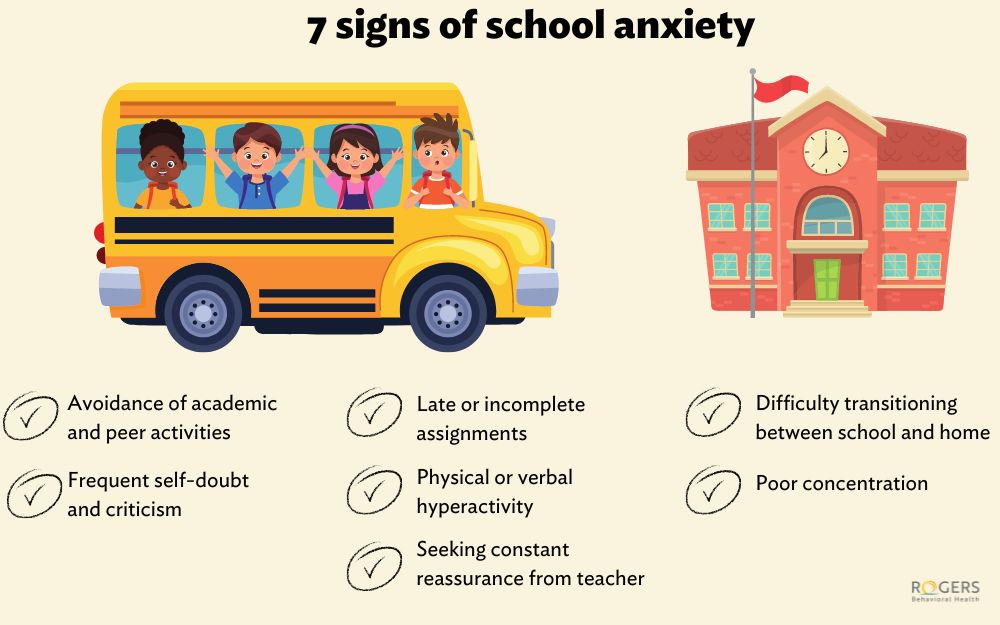
School anxiety: Signs and strategies
While returning to school brings anticipation and excitement, many students struggle with worries and fears beyond what’s considered the first-day jitters.
Contact Us • Careers • Refer a Patient • Donate • Blog

While returning to school brings anticipation and excitement, many students struggle with worries and fears beyond what’s considered the first-day jitters.
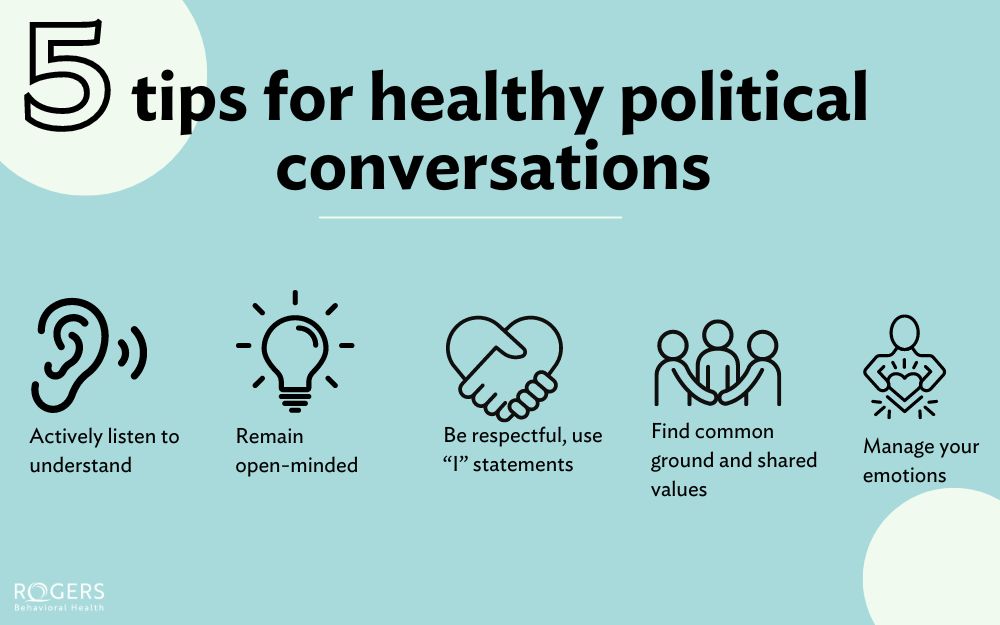
The increase of stress and uncertainty during an election year can affect a person’s quality of life and ability to perform daily activities. While feeling stressed during an election year is normal, it’s important to proactively take steps to manage it so you can maintain your overall well-being.

The transition from home life to college can cause a variety of emotions for both parents and their children.
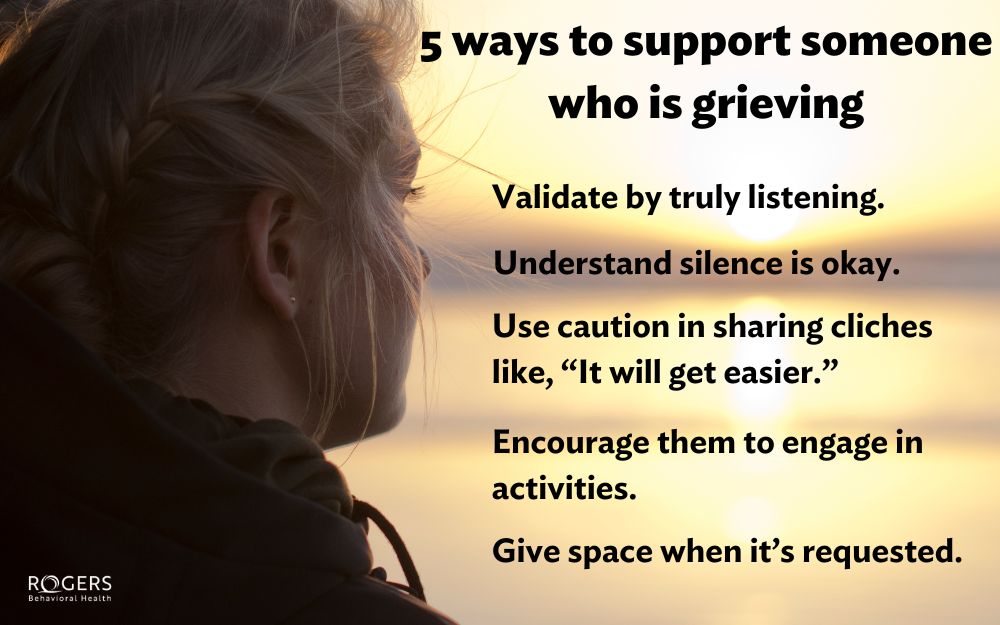
Loss of a loved one is like nothing else, stirring intense feelings of sadness, shock, and anger, and sometimes guilt and regret. Grief is a natural response to loss and is a complex and very personal process.

Kobe, Rogers’ first four-legged employee, is making a difference for adults and adolescents in OCD, Anxiety, and Depression residential treatment at Rogers in Oconomowoc.

Jill says she always had anxious tendencies. Since she lacked the language to talk about it when she was younger, her anxieties seemed normal to her.

With the absence of structured schedules, summer can be a stressful time, presenting unique challenges for maintaining mental health.
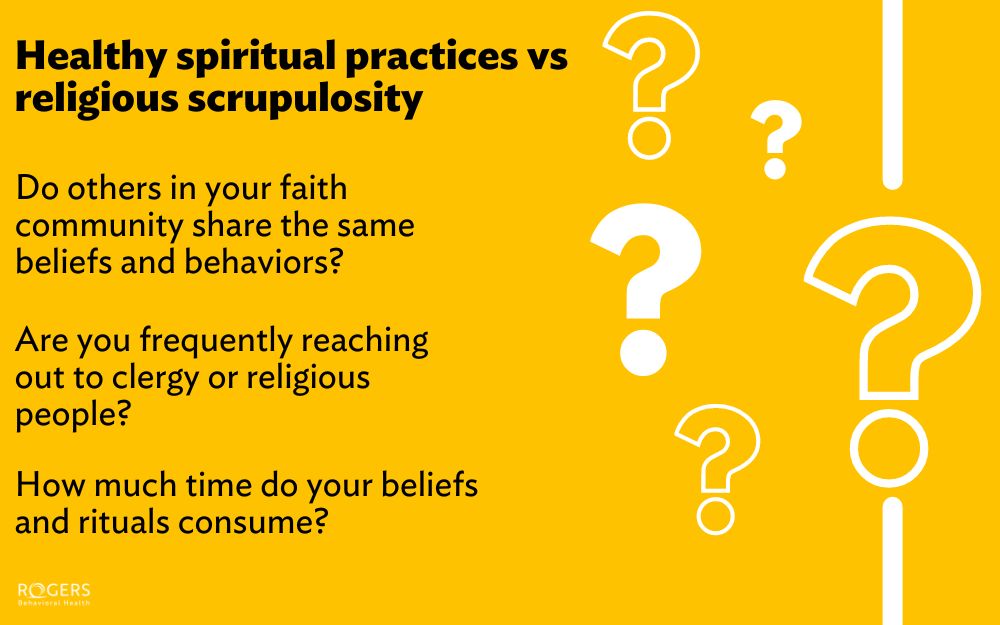
Religious scrupulosity is excessive fear or concern about doing the right thing in God’s eyes. Like all types of OCD, it includes obsessive, intrusive, and unwanted thoughts which cause anxiety.

The Integrated Healing Program for Teens provides a combination of intensive rehabilitative services, medical care, and mental health treatment.
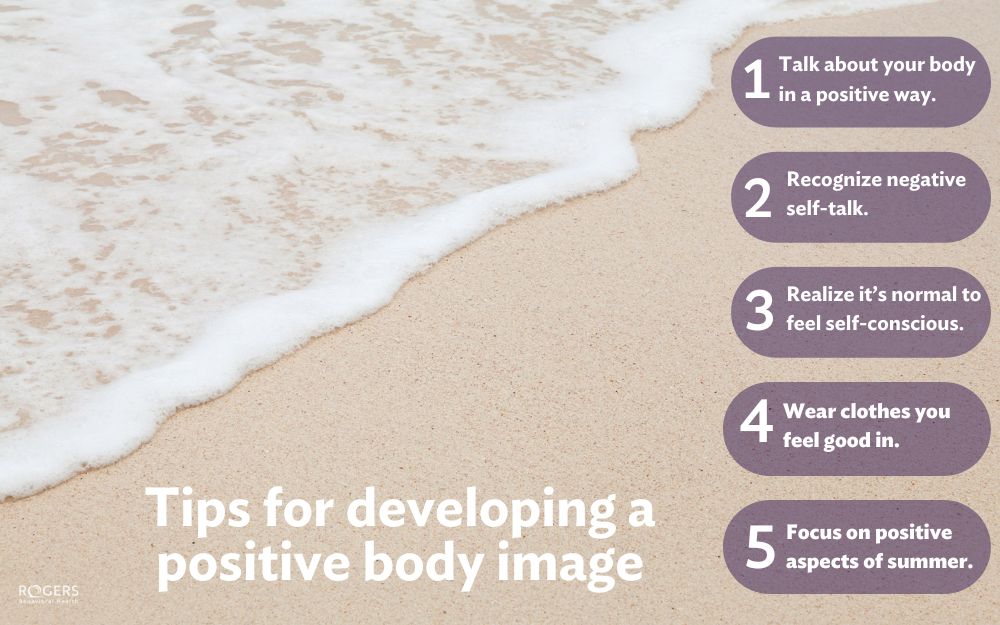
A number of factors can influence a person’s body image. Body dissatisfaction is one of the best-known contributors to the development of eating disorders.